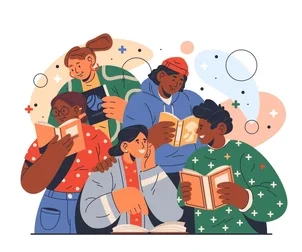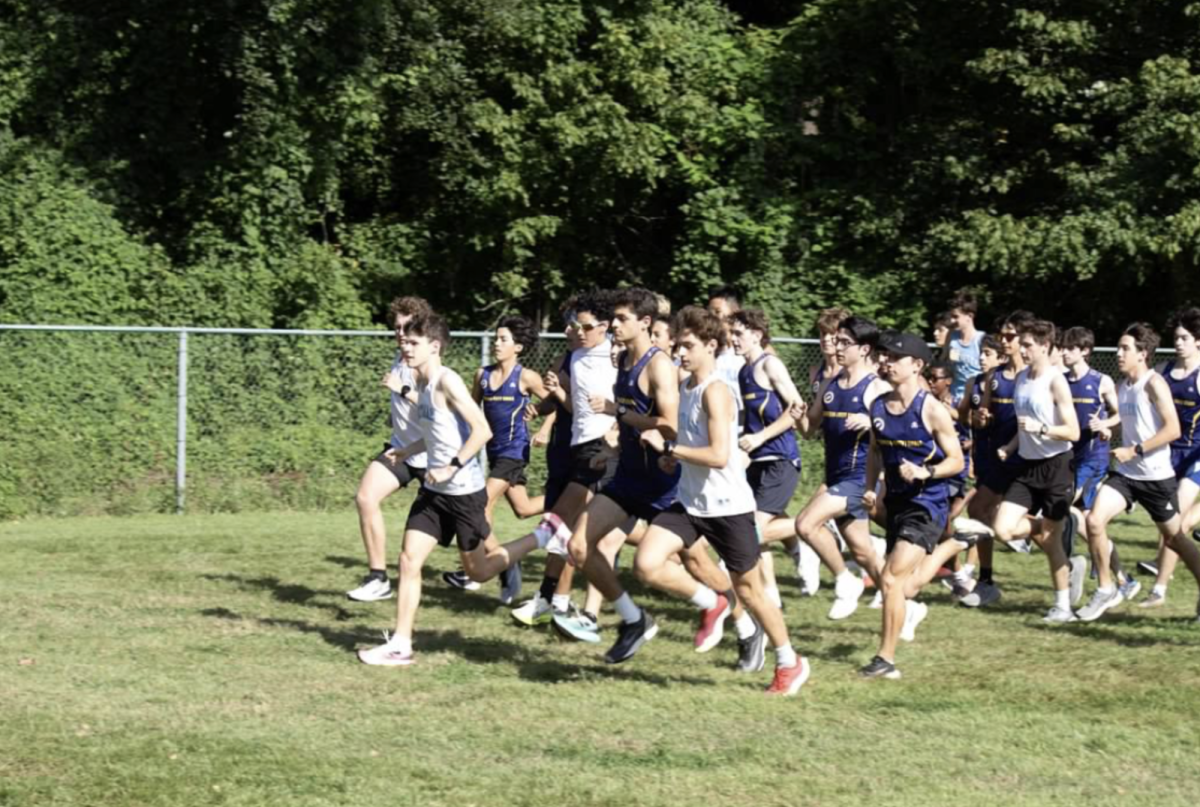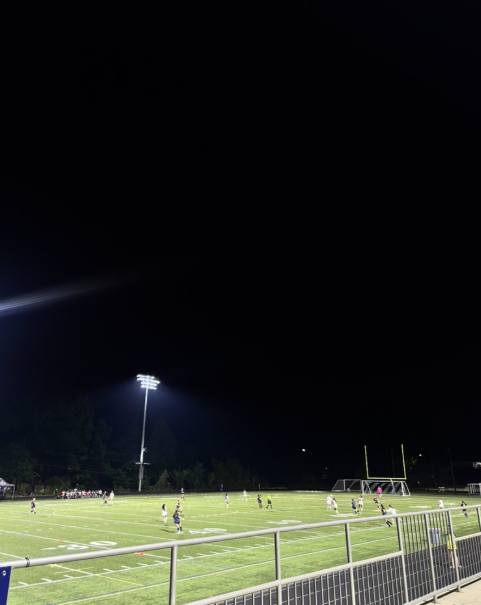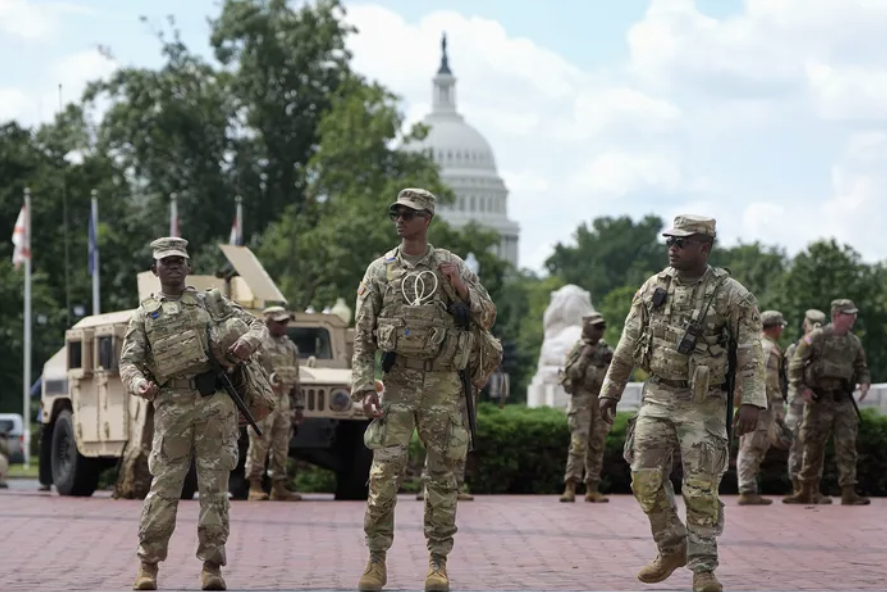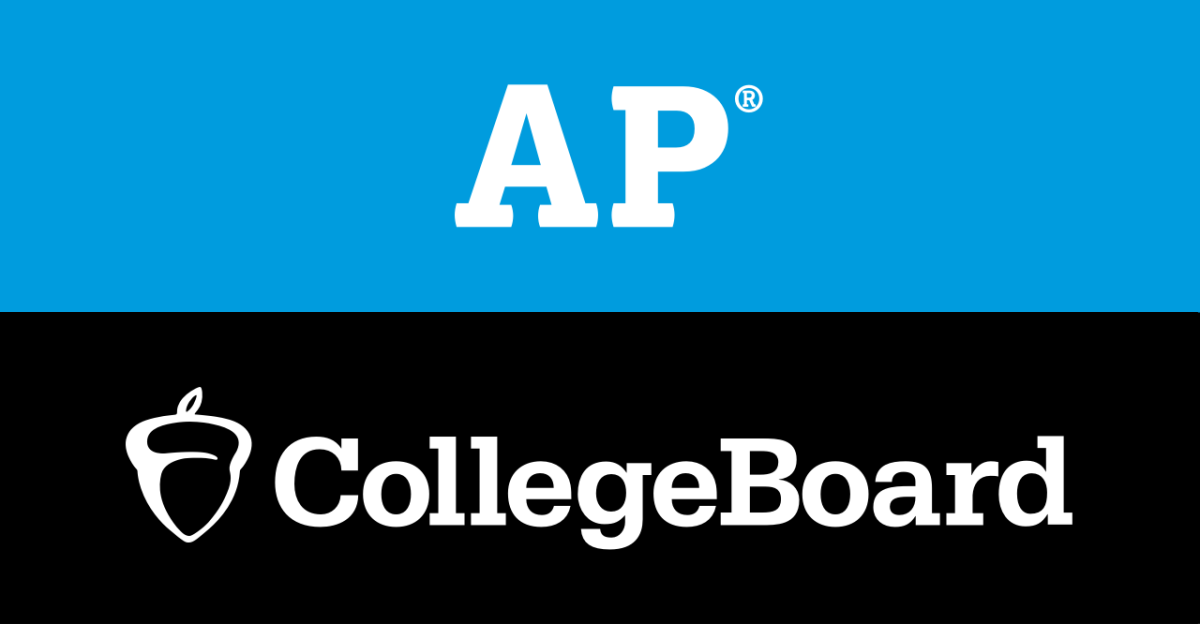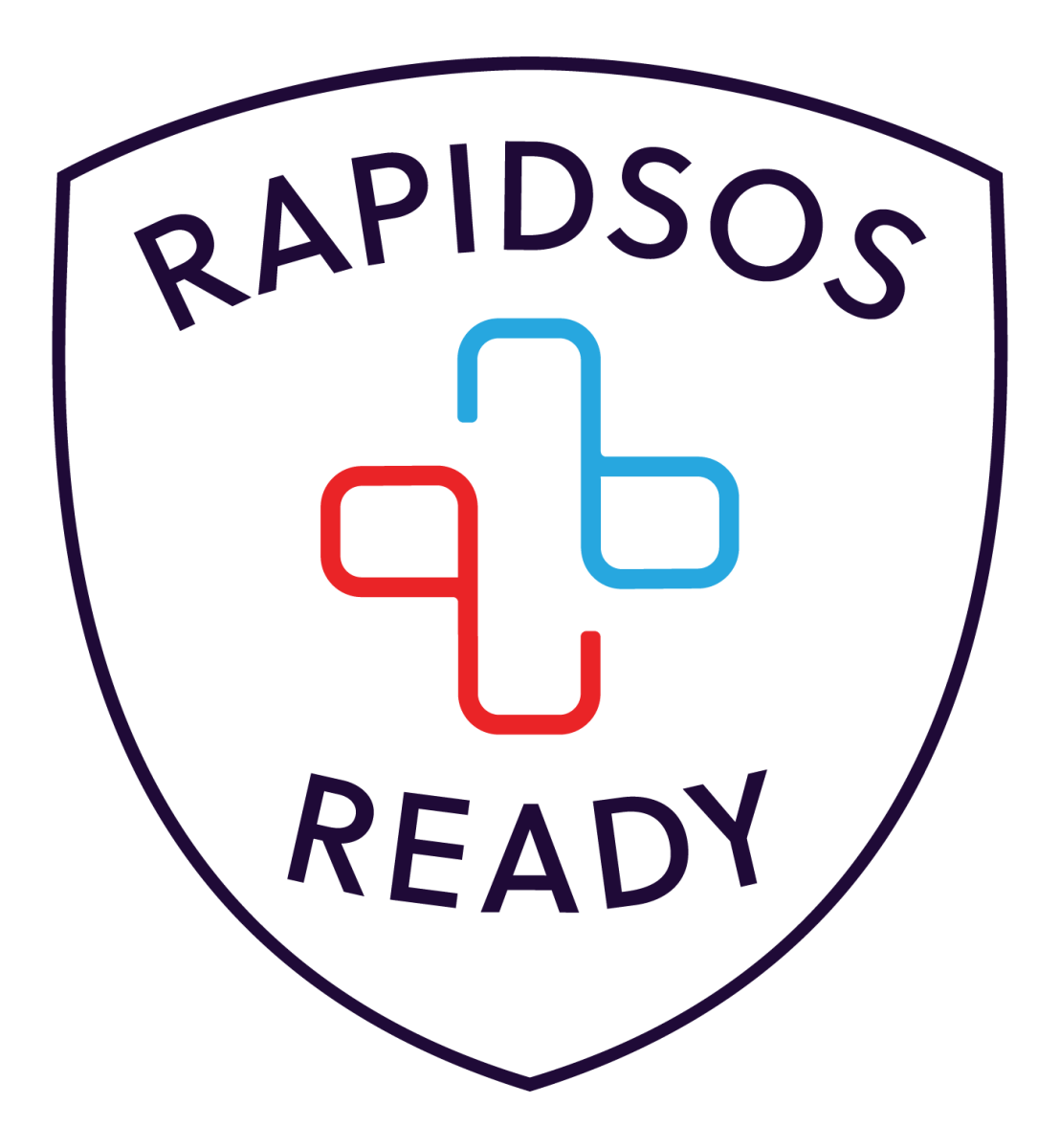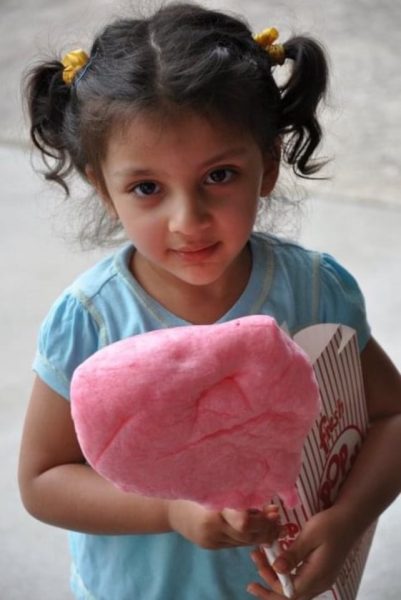“I just want to learn. That is not a crime,” Yalda, a 14-year-old student of a secret class for women in Afghanistan, said. She, along with 29 of her classmates, learns in fear. Instead of having her eyes glued to a board or teacher, they’re permanently peeled for any sign of the Taliban. It would be understandable if they felt diminished at the hands of this war against women, yet every one of them comes to class with their own dreams and aspirations intact.
Two years have passed since the Taliban implemented their education ban for women, and Afghanistan is still under a “gender apartheid,” as described by the United Nations. However, Parasto Hakim, creator of SRAK, refused to comply with the Taliban’s unfathomable regulations. She invented a network of schools that provides young girls and women with an education and liberation from daily tragedies.
Hakim’s drive for SRAK emerged in 2021 when her nightmares became reality: the Taliban’s tanks rolled into Kabul after the United States’ withdrawal from Afghanistan. The Taliban’s futile promises to be more progressive than its previous uncivil rule from 1996-2001 sparked Hakim’s dedication to creating SRAK. Her inspiration also stemmed from a 1996 Christiane Amanpour documentary titled “Battle for Afghanistan.” She decided that “[she had] to start at least something for girls to gather together and have their own indoor community, in underground spaces to learn and be educated.”
Hakim called for aid from her friend, Maryam. She was eager to help end the “zombie-like” feeling that numerous girls and women — including herself — felt at home. “I was in a situation where I wanted to scream, but I couldn’t, it was some of the worst days of my life,” Maryam explained.
Yalda, Maryam, and countless others dream of a future without the Taliban and prepare for the day they can step out of the darkness. Hakim is a beacon of hope to them. However, SRAK’s work is far from over; in March of 2023, the U.N. declared Afghanistan the most repressive country in the world for women and girls, depriving them of virtually all their fundamental rights. The U.N. said, “the Taliban has even further implemented a system of discrimination to subject women and girls to total domination so egregious, that the collective practices constitute gender persecution, a crime against humanity, and has necessitated a discussion about the codification of ‘gender apartheid.’” Raising awareness of this war on women will tremendously help Afghans, but more than that, leaders, youth, and the world must advocate to accomplish change.
The story of Yalda and her classmates in Afghanistan reflects the mission of GirlUp: to support girls as they pursue equality, education, and empowerment. GirlUp is a global leadership development initiative founded by the United Nations Foundation that empowers and trains young leaders to advocate for gender equality and support girls’ rights worldwide. B-CC’s GirlUp, a branch of the nationwide organization, stands in solidarity with young women and girls worldwide fighting for fundamental rights — particularly the right to education. As U.S. citizens have the privilege of being able to receive an education without limitation, students at B-CC find the human rights issue in Afghanistan appalling. B-CC GirlUp Vice President Molly Gibbons said, “I couldn’t imagine living in a constant state of fear and my education being banned.”
By spreading awareness and advocating for global gender equality, advocacy organizations like GirlUp amplify these stories, highlighting the courage and resilience of girls risking their lives to learn. GirlUp’s local and national platforms allow members to stand with Yalda and others, showing that the struggle for girls’ rights is a universal fight. As Afghani teenagers fight for their right to an education and plead for aid, it is up to the world to end this gender apartheid.



